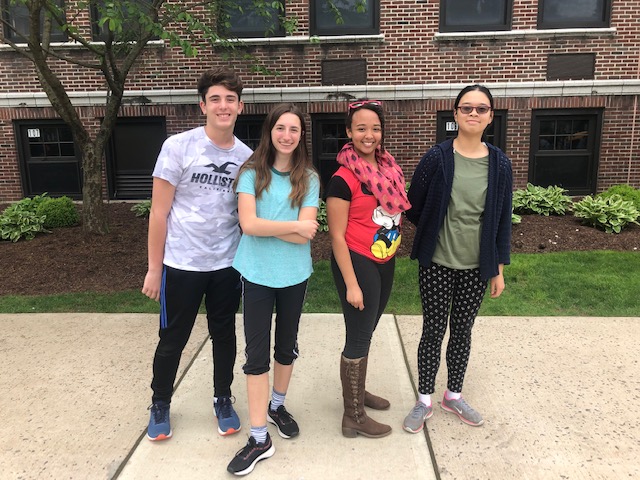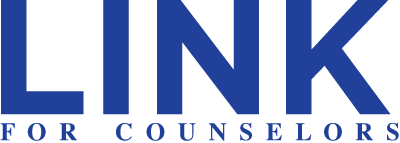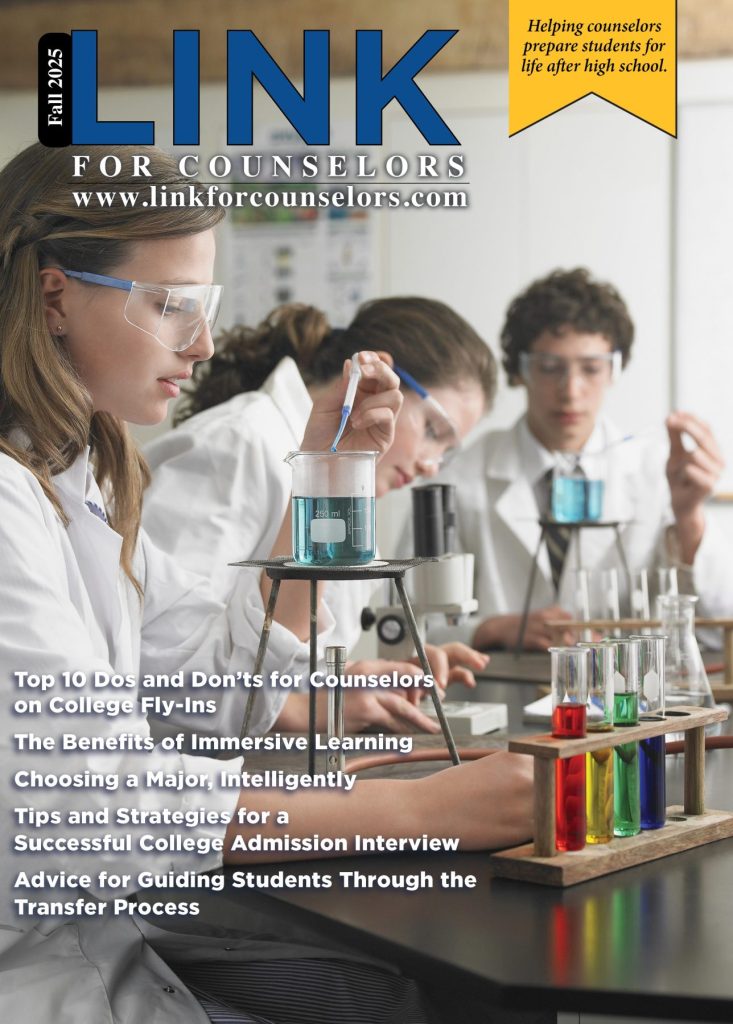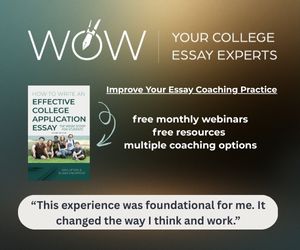Saw this list posted on Facebook and thought they might be good to share with some of your students:
SOME SOCIAL RULES THAT MAY HELP YOU:
1. Don’t call someone more than twice continuously. If they don’t pick up your call, presume they have something important to attend to;
2. Return money that you have borrowed even before the person that borrowed you remember or ask for it. It shows your integrity and character. Same goes with umbrellas, pens and lunch boxes.
3. Never order the expensive dish on the menu when someone is giving you a lunch/dinner.
4. Don’t ask awkward questions like ‘Oh so you aren’t married yet?’ Or ‘Don’t you have kids’ or ‘Why didn’t you buy a house?’ Or why don’t you buy a car? For God’s sake it isn’t your problem;
5. Always open the door for the person coming behind you. It doesn’t matter if it is a guy or a girl, senior or junior. You don’t grow small by treating someone well in public;
6. If you take a taxi with a friend and he/she pays now, try paying next time;
7. Respect different shades of opinions. Remember what’s 6 to you will appear 9 to someone facing you. Besides, second opinion is good for an alternative;
8. Never interrupt people talking. Allow them to pour it out. As they say, hear them all and filter them all;
9. If you tease someone, and they don’t seem to enjoy it, stop it and never do it again. It encourages one to do more and it shows how appreciative you’re;
10. Say “thank you” when someone is helping you.
11. Praise publicly. Criticize privately;
12. There’s almost never a reason to comment on someone’s weight. Just say, “You look fantastic.” If they want to talk about losing weight, they will;
13. When someone shows you a photo on their phone, don’t swipe left or right. You never know what’s next;
14. If a colleague tells you they have a doctors’ appointment, don’t ask what it’s for, just say “I hope you’re okay”. Don’t put them in the uncomfortable position of having to tell you their personal illness. If they want you to know, they’ll do so without your inquisitiveness;
15. Treat the cleaner with the same respect as the CEO. Nobody is impressed at how rude you can treat someone below you but people will notice if you treat them with respect;
16. If a person is speaking directly to you, staring at your phone is rude;
17. Never give advice until you’re asked;
18. When meeting someone after a long time, unless they want to talk about it, don’t ask them their age and salary;
19. Mind your business unless anything involves you directly – just stay out of it;
20. Remove your sunglasses if you are talking to anyone in the street. It is a sign of respect. Moreso, eye contact is as important as your speech; and
21. Never talk about your riches in the midst of the poor. Similarly, don’t talk about your children in the midst of the barren.
22.After reading a good message try to say “Thanks for the message”.
APPRECIATION remains the easiest way of getting what you don’t have.


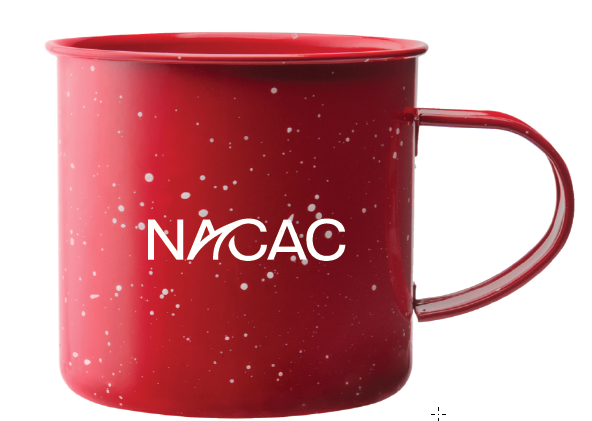

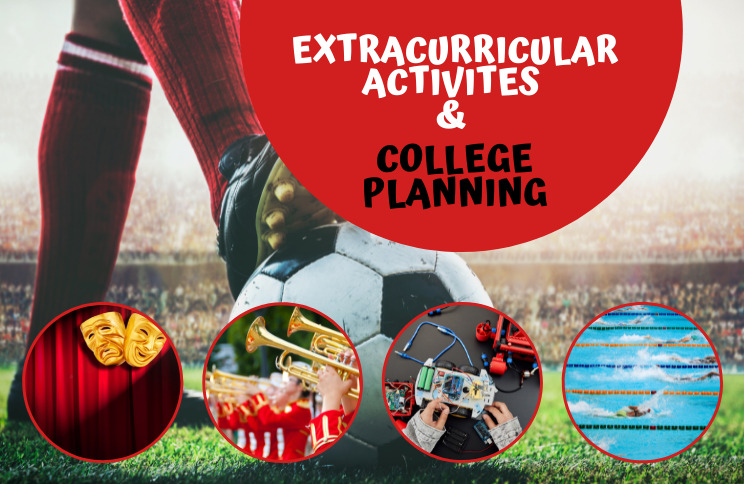
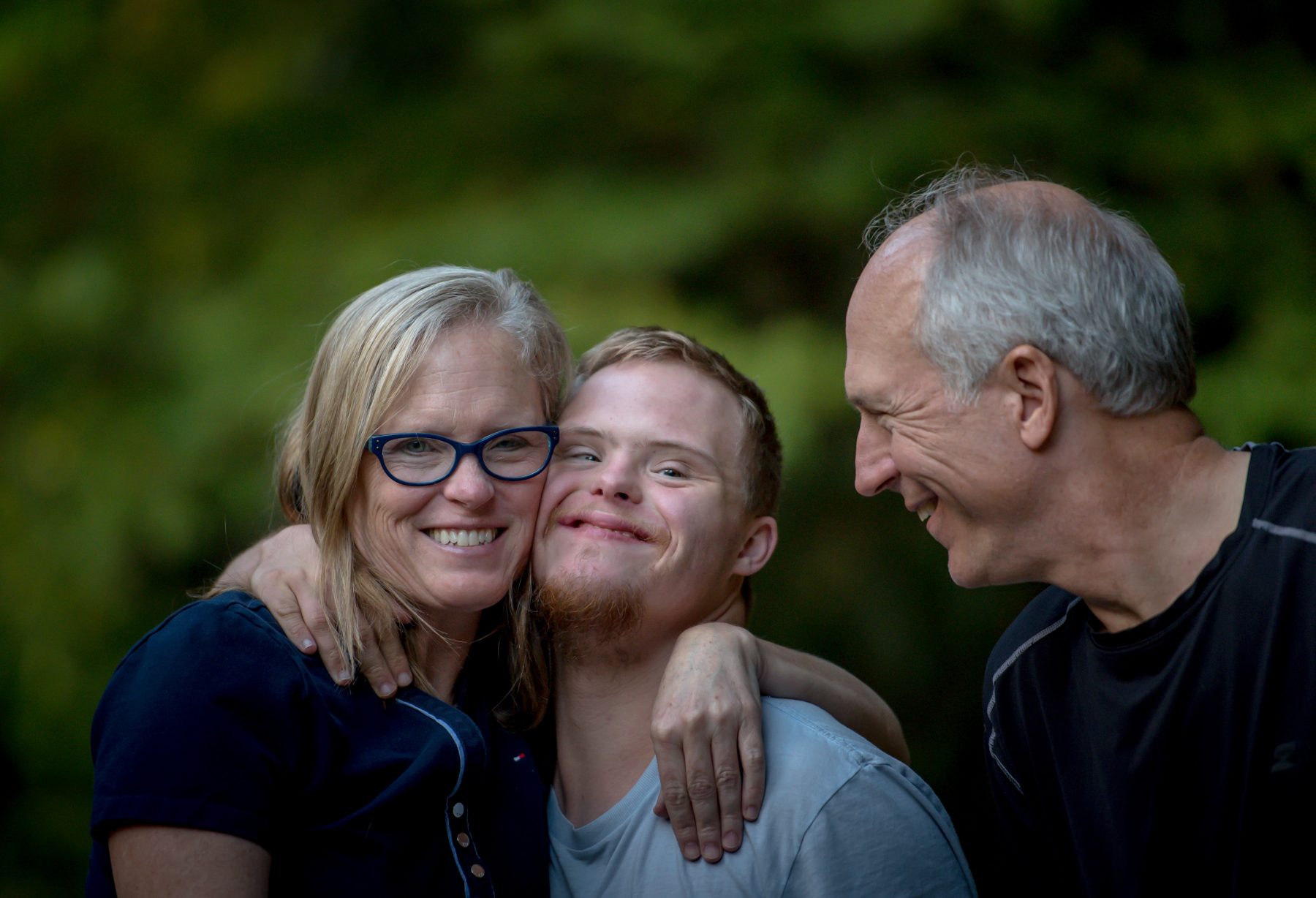

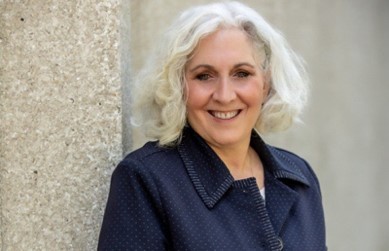 Kim Lifton, of Farmington Hills, MI, is President and Co-founder of
Kim Lifton, of Farmington Hills, MI, is President and Co-founder of 